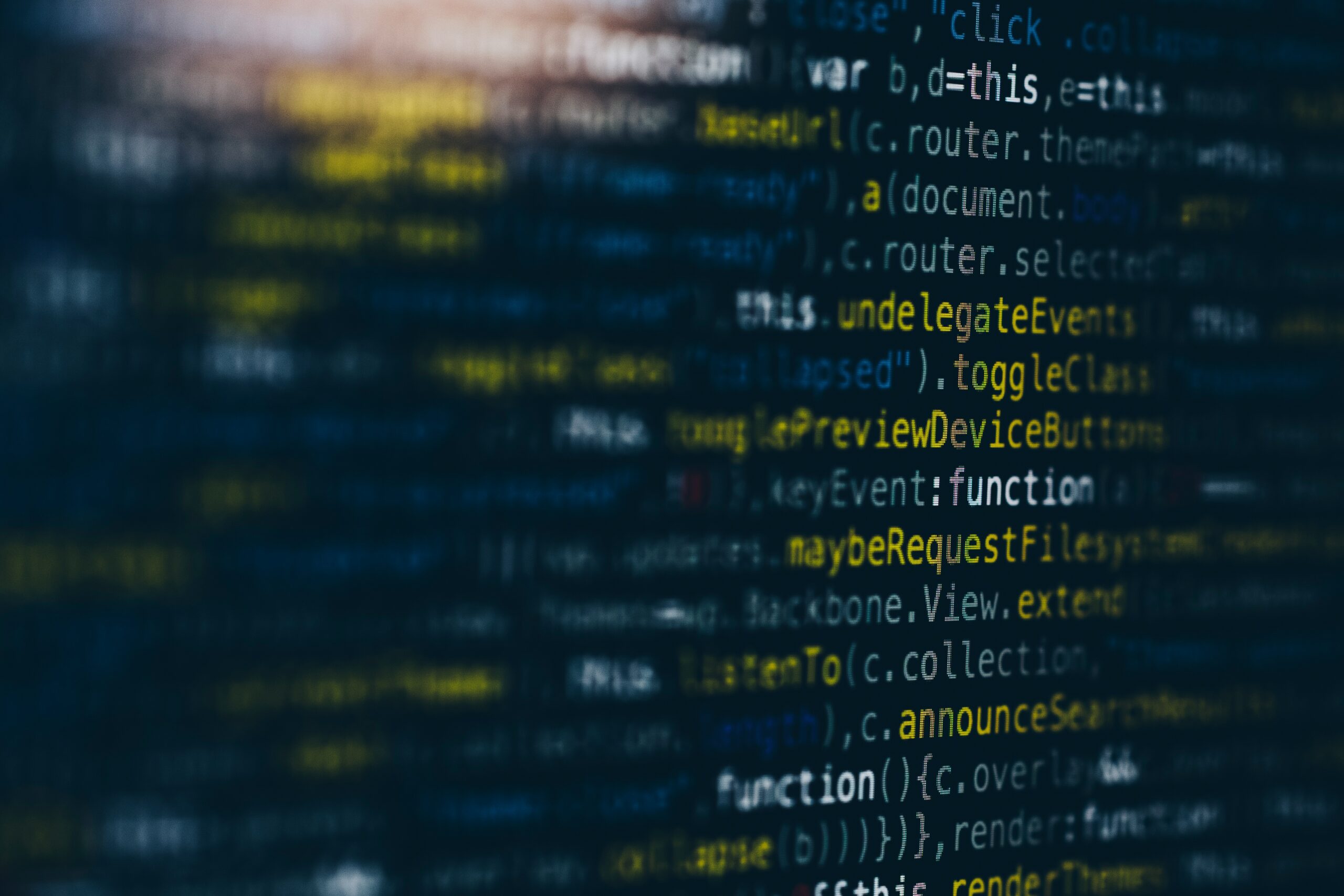PYONGYANG, NORTH KOREA — North Korean officials confirmed this week that the nation has deployed AI researchers to Russia to “deepen scientific cooperation,” representing what international observers describe as “groundbreaking innovation in combining authoritarian regimes with advanced artificial intelligence.”
The collaboration, which North Korean state media characterizes as “peaceful scientific exchange,” has raised what Western intelligence analysts call “mild concerns” about potential military applications of AI technology developed jointly by countries known primarily for their commitment to global stability and human rights.
“Through comprehensive analysis of artificial intelligence applications, we determined that AI might be useful for purposes beyond creating deepfake videos of Supreme Leader Kim Jong Un delivering inspiring speeches,” explained North Korean AI Development Director Dr. Park Min-jun during a presentation that was definitely not being monitored by military officials.
The researcher exchange program demonstrates what defense experts describe as “innovative approaches to technology transfer” where countries with advanced cyber warfare capabilities share knowledge with countries known for their sophisticated missile development programs.
“Previous international AI collaboration focused on applications like medical research, climate modeling, and educational technology,” noted cybersecurity analyst Dr. Sarah Chen. “North Korea and Russia’s innovation is exploring whether AI might be useful for more creative applications, such as optimizing weapons systems and enhancing surveillance capabilities.”
The scientific cooperation includes what both governments characterize as “civilian research initiatives” focused on machine learning, pattern recognition, and autonomous system development — research areas that defense analysts note have “absolutely no potential military applications whatsoever.”
“AI research is purely academic,” explained Russian Technology Ministry spokesperson Dr. Marcus Volkov during a press briefing held at what appeared to be a military research facility. “Our collaboration with North Korean scientists focuses entirely on theoretical applications with no practical implications for defense systems, missile guidance, or cyber warfare capabilities.”
The partnership represents what international relations experts call “strategic knowledge sharing” between two nations that have traditionally approached technology development through “independent innovation” rather than “collaborative research with democratic allies.”
“Both Russia and North Korea have historically preferred developing technology internally rather than through international partnerships,” said geopolitical technology analyst Dr. Jennifer Walsh. “This collaboration suggests they’ve discovered that combining their respective expertise in surveillance technology and ballistic missile systems might produce interesting synergies.”
The AI research exchange includes what officials describe as “academic personnel deployment” where North Korean scientists work alongside Russian researchers on projects that both governments insist are “completely unrelated to military applications.”
“Our researchers are investigating purely theoretical questions about artificial intelligence,” explained North Korean Science Academy Director Dr. Lee Chang-ho. “Questions such as ‘How can AI optimize targeting systems?’ and ‘What machine learning algorithms work best for autonomous weapons platforms?’ These are basic scientific inquiries with no practical implications.”
The collaboration has prompted what Western intelligence agencies describe as “routine monitoring” to ensure that the AI research remains focused on “civilian applications” rather than “technologies that might enhance either country’s military capabilities.”
“Both North Korea and Russia have strong track records of using advanced technology exclusively for peaceful purposes,” noted defense intelligence analyst Dr. Amanda Foster. “There’s no reason to assume that their AI collaboration would focus on anything other than academic research into theoretical applications.”
The research program includes what participants describe as “cross-cultural scientific exchange” where North Korean experts in missile guidance systems work with Russian specialists in cyber warfare to explore “completely unrelated AI applications.”
“Cultural exchange enhances scientific innovation,” said bilateral cooperation coordinator Dr. Bradley Morrison. “When North Korean ballistic missile engineers collaborate with Russian information warfare specialists on AI research, the resulting academic insights are purely coincidental to any military applications.”
The AI cooperation demonstrates what both governments call “commitment to international scientific progress” through research partnerships that happen to involve two countries with extensive experience in developing weapons systems and conducting cyber attacks against democratic nations.
“Science transcends political boundaries,” noted Russian AI research director Dr. Alexei Petrov. “Our collaboration with North Korea proves that countries with shared interests in authoritarian governance and military technology can work together on AI research that definitely won’t be used to enhance weapons systems or surveillance capabilities.”
The research partnership has produced what officials describe as “promising preliminary results” in areas including autonomous navigation, target recognition, and strategic decision-making algorithms — research applications that both governments insist are “purely academic.”
“Early findings suggest remarkable potential for AI applications in guidance systems and threat assessment,” explained joint research coordinator Dr. Rachel Kim. “These are theoretical breakthroughs with no practical implications for military technology development.”
At press time, both governments were reportedly expanding their AI collaboration to include additional research areas such as “autonomous weapons optimization” and “AI-enhanced cyber warfare,” which officials characterized as “continued academic exploration of purely theoretical scientific questions.”
—

